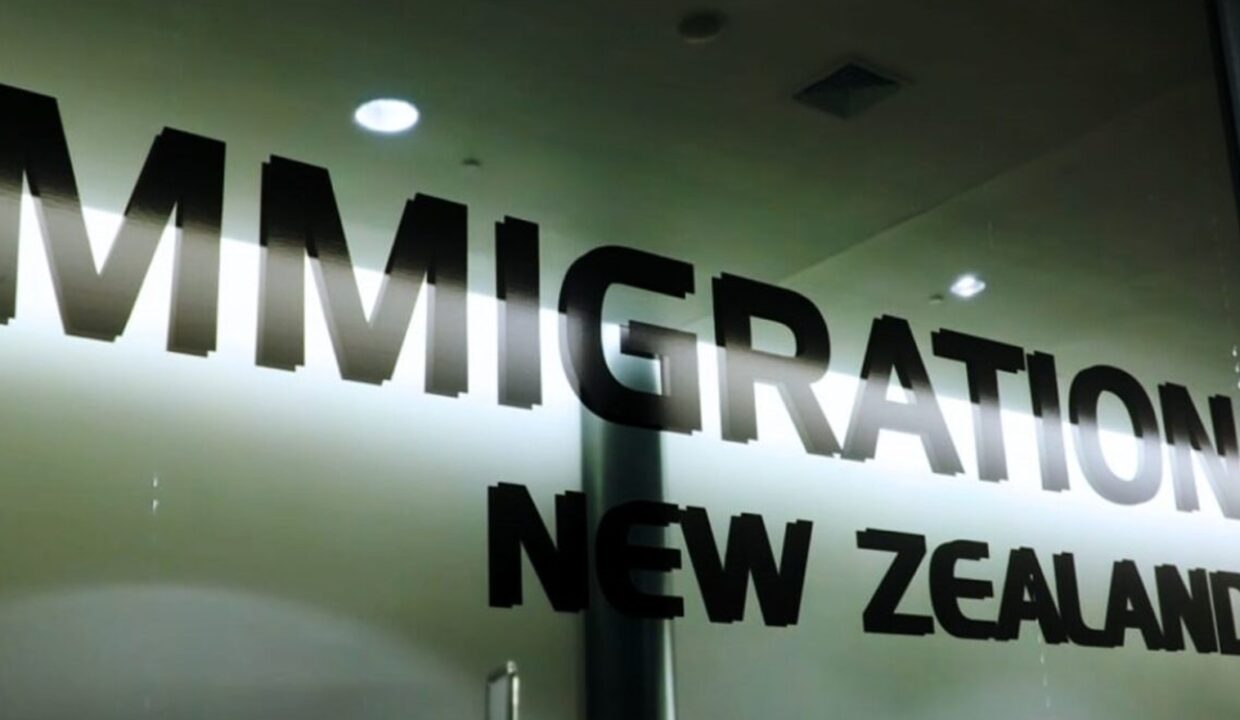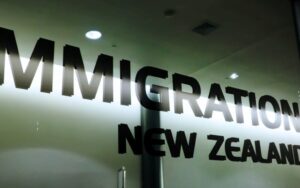
뉴질랜드, 이민 정책 강화로 ‘이민의 벽’ 높인다
New Zealand Strengthens Immigration Policies, Heightening ‘Immigration Barrier’
New Zealand is tightening visa regulations by enhancing language and skill requirements, as well as shortening work permit durations, effectively raising the ‘immigration barrier’.
On the 7th of last month, New Zealand’s Immigration Minister, Erica Stanford, announced changes to the Accredited Employer Work Visa (AEWV) system. Minister Stanford stated that this alteration is aimed at rigorously testing the local labor market and reducing the risk of unemployment among New Zealanders.
According to the Immigration Department, non-citizens who immigrated to New Zealand last year amounted to 173,000. Minister Stanford emphasized that unlike the past, where immigrants were actively welcomed, priority for jobs should now be given to New Zealanders, except in cases where there is a shortage of skills in areas such as education.
Last year, New Zealand witnessed its highest immigration numbers on record, experiencing its largest population growth in 30 years. This was interpreted as a result of activating immigration for foreign workers to alleviate labor shortages post-COVID-19. However, as domestic jobs came under threat, the government amended regulations and introduced new stringent criteria.
‘Strengthening English and Skill Requirements, Shortening AEWV Maximum Stay Period’
In the future, individuals seeking to obtain AEWV must meet newly introduced criteria. These criteria include minimum skill requirements in the form of English proficiency, work experience, or qualifications. Additionally, the maximum consecutive stay period under AEWV has been shortened to three years.
Employers must ensure that applicants meet these requirements before hiring immigrants and confirm that New Zealanders were unable to fill the job vacancies. Furthermore, job postings must be advertised for a minimum of 21 days, and if a New Zealander applies but is not hired, the reason for non-selection must be stated.
However, the New Zealand Ministry of Business, Innovation and Employment stated that exemptions from these requirements apply to certain occupations such as transportation and caregiving, due to special reasons.

뉴질랜드, 이민 정책 강화로 ‘이민의 벽’ 높인다
뉴질랜드가 언어 및 기술 요건을 강화하고 취업 허가 기간을 단축하는 등 비자 규정을 강화하여 ‘이민의 벽’을 높이고 있다.
뉴질랜드 이민부 장관인 에리카 스탠퍼드는 지난 7일 고용주인증취업비자(Accredited Employer Work Visa, AEWV) 제도 변경을 발표했다. 스탠퍼드 장관은 이번 변경은 현지 노동 시장을 보다 철저히 시험하고 뉴질랜드인의 실직 위험을 줄이는 데 초점을 맞춘 것이라고 밝혔다.
이민부에 따르면 지난해 뉴질랜드로 이주한 비시민권자는 17만3000명에 달한다. 스탠퍼드 장관은 이민자를 적극적으로 받아들이던 과거와는 달리, 이제는 교육 등에서의 기술 부족 문제를 제외한 경우에는 뉴질랜드인에게 우선적으로 일자리를 제공해야 한다고 강조했다.
지난해 뉴질랜드는 이민자 수가 사상 최대치를 기록하며 30년 만에 가장 큰 인구 증가를 경험했다. 이는 코로나19 이후 노동력 부족을 해소하기 위해 외국인 근로자 이민을 활성화한 결과로 풀이된다. 그러나 이에 따라 자국민의 일자리가 위협받자, 정부는 제도를 변경하고 새로운 강화된 요건을 도입하였다.
‘영어 및 기술 요건 강화, AEWV 최대 체류 기간 단축’
뉴질랜드는 앞으로 AEWV를 획득하기 위해 새롭게 도입되는 기준을 충족해야 한다. 이러한 기준에는 영어 및 업무 경험 또는 자격증 형태의 최소 기술 요건이 포함된다. 또한, AEWV 최대 연속 체류 기간은 3년으로 단축되었다.
고용주는 이민자를 채용하기 전에 해당 지원자가 이러한 요건을 충족하는지 확인해야 하며, 뉴질랜드인이 해당 직종에서 일자리를 제공할 수 없었음을 확인해야 한다. 또한, 구인 공고는 최소 21일 동안 게시되어야 하며, 뉴질랜드인이 지원했을 경우 ‘채용되지 않은 이유’를 명시해야 한다.
다만, 일부 직무에는 운송 및 돌봄 등 특별한 사유로 이러한 요건이 면제된다고 뉴질랜드 기업혁신고용부가 전했다.
